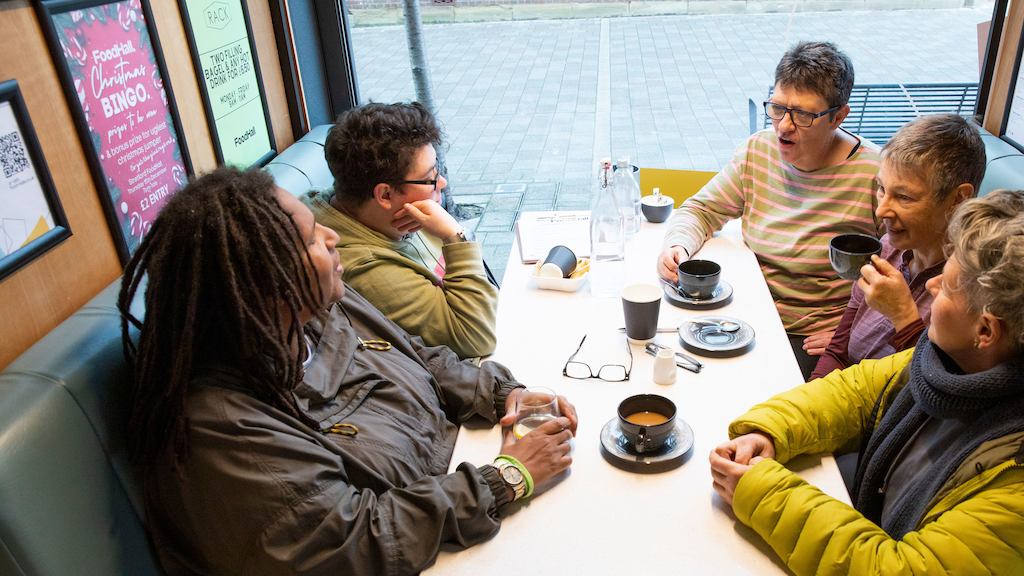The devastating impact of ageist attitudes on people, jobs, health, the economy and social cohesion has been revealed in our new report, Ageism: What’s the harm?.
The compilation of research in the report looks at the three main types of ageism: institutional, interpersonal and self-directed, and outlines the damaging impact of ageism, including that:
- 55% of adults agree that the UK is ageist (with just 13% disagreeing) and a higher proportion of British adults have reported experiencing prejudice based on their age than on any other characteristic.
- Ageism is rife in the workplace, with more than a third of 50-70 year olds feeling at a disadvantage when applying for jobs due to their age, and 1 in 5 employers saying that age discrimination occurs in their organisation. There are 800,000 people aged 50 to 64 who are out of work but would like to be in work.
- Your age can have a bearing on your access to health and care, for example, older people with breast cancer are less likely to receive radiotherapy and surgery than younger people.
- Older age groups are under-represented in mass media, with only a quarter of adverts featuring over 50s and just 5% featuring characters aged 70 or older.
- Ageism impacts people’s feelings of self-worth and even their health behaviours including levels of exercise, likelihood of visiting the doctor, and tendency to smoke and drink. People with less positive self-perceptions of ageing live 7.5 years less than people who have more positive views of ageing (even after accounting for age, gender, socioeconomic status, loneliness, and functional health).
- Ageism by omission leads to a failure to design and build age-friendly homes and communities (including transport, accessible streets and public spaces and facilities such as toilets) despite the increasing need from an ageing population. This results in the exclusion of many people in society.
We've released the report to demonstrate the impact of ageism and to encourage people to challenge ageism in everyday life through joining the Age-friendly Movement. By joining the movement, you will:
- Hear more about plans for the campaign as it develops via a regular newsletter
- Be kept updated about resources that will help you challenge ageism in everyday life
- Receive information about how to get involved in activity to challenge ageism, for example, signing joint letters for action or sharing social media resources
- Have the chance to share stories of ageism and positive ageing as part of the campaign

